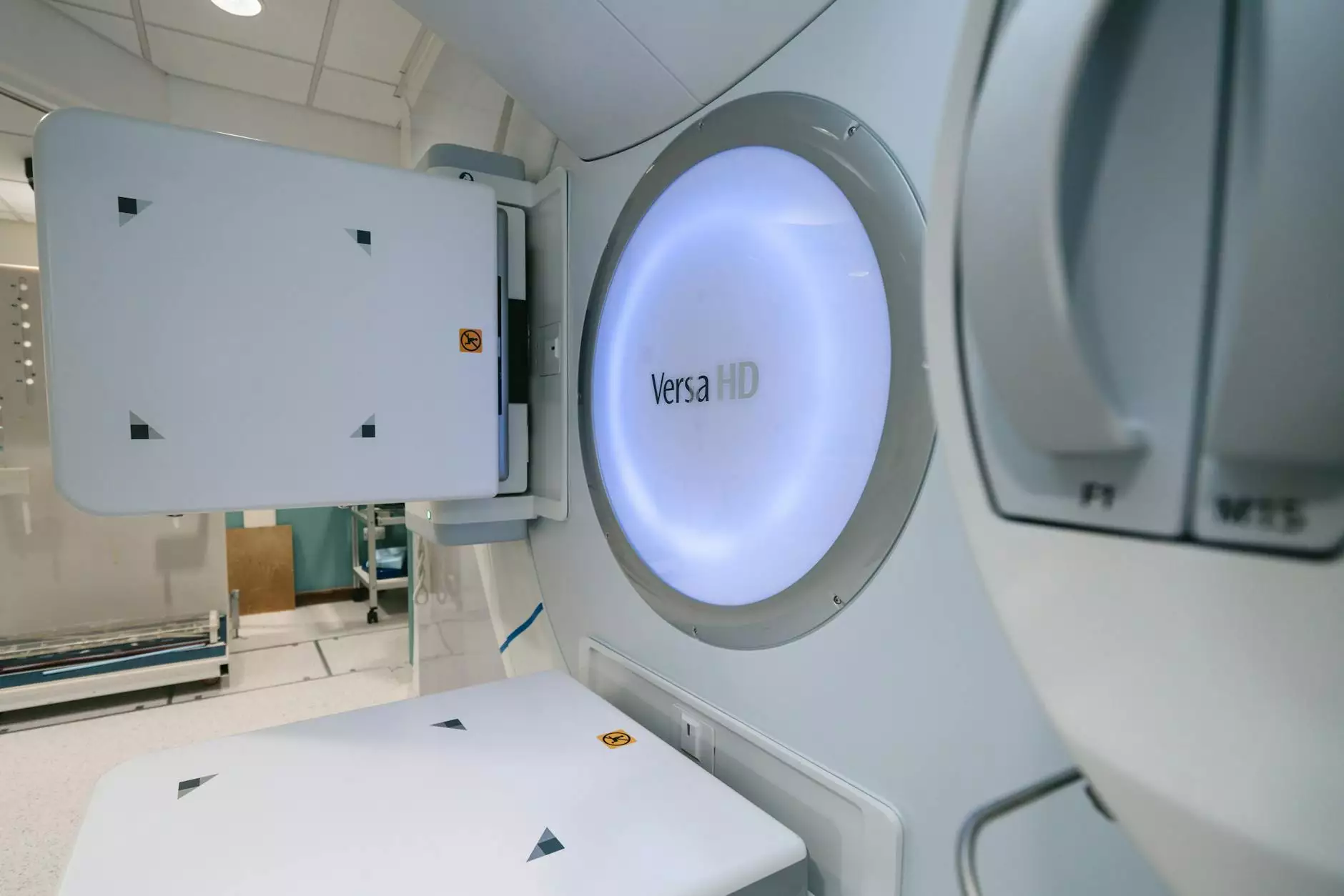Exploring Colon Cancer Clinics: Comprehensive Care and Advanced Treatments

Colon cancer is one of the most prevalent forms of cancer affecting millions of people worldwide. Fortunately, colon cancer clinics are dedicated to providing targeted care and specialized treatment options for individuals battling this illness. In this article, we will delve into the critical aspects of colon cancer clinics, the importance of early detection, cutting-edge treatments, and how these facilities foster a supportive environment for patients and their families.
Understanding Colon Cancer
Colon cancer begins in the large intestine (colon) or rectum, often developing from polyps that can eventually become malignant. Understanding the risks, symptoms, and treatment options available is vital for patients and their loved ones. Key points to note include:
- Risk Factors: Age, family history, diet, and lifestyle choices.
- Symptoms: Changes in bowel habits, rectal bleeding, abdominal discomfort, and unexplained weight loss.
- Prevention: Regular screenings, a healthy diet, and a physically active lifestyle.
The Role of Colon Cancer Clinics
Colon cancer clinics play an invaluable role in the management of this disease. They offer a comprehensive approach to treatment that includes prevention, early diagnosis, and innovative therapies. Here’s how:
1. Multidisciplinary Teams
At colon cancer clinics, you will find a team of specialists working collaboratively to provide the best care. This may include:
- Oncologists: Doctors who specialize in cancer diagnosis and treatment.
- Surgeons: Experts in removing tumors and affected areas.
- Radiologists: Professionals who interpret imaging studies to help diagnose and monitor cancer.
- Nutritionists: Specialists who guide patients on dietary choices to support health during treatment.
- Psychologists: Mental health professionals who provide emotional support.
2. Cutting-Edge Treatments
Colon cancer clinics often provide access to the latest treatment modalities, ensuring that patients receive the most advanced care available. Treatment options may include:
- Surgery: The primary treatment for localized colon cancer, which involves removing the tumor and surrounding tissue.
- Chemotherapy: A systemic treatment used to kill cancer cells, usually after surgery to eliminate any remaining cells.
- Radiation Therapy: Often used in conjunction with surgery, particularly for rectal cancer, to reduce tumor size before surgery.
- Targeted Therapy: Medications designed to specifically target cancer cells while minimizing harm to normal cells.
- Immunotherapy: Treatments that help the immune system recognize and combat cancer cells.
The Importance of Early Detection
Early detection of colon cancer can significantly improve treatment outcomes. Colon cancer clinics emphasize the need for regular screenings, especially for individuals over the age of 45 or those with high-risk factors. Key screening methods include:
- Colonoscopy: A procedure that allows doctors to examine the colon and rectum for polyps or abnormal growths.
- Stool Tests: Non-invasive tests that can detect hidden blood or abnormal DNA in the stool.
- CT Colonography: A specialized imaging test that provides a detailed view of the colon.
Supportive Care in Colon Cancer Clinics
Beyond treatment, colon cancer clinics provide essential supportive care to enhance the patient's experience and improve overall quality of life. This may include:
1. Palliative Care
Palliative care focuses on providing relief from symptoms, pain, and stress associated with colon cancer. The goal is to improve the quality of life for patients and their families. This approach can be integrated with curative treatments or offered on its own.
2. Psychological Support
The journey through colon cancer can be emotionally challenging. Many clinics offer access to counseling services or support groups where patients can share their experiences and feelings. These resources play a crucial role in mental well-being.
3. Nutritional Guidance
A nutrient-rich diet can aid recovery and overall health during and after cancer treatment. Nutritionists in colon cancer clinics can provide personalized meal plans that cater to individual needs and preferences, helping patients maintain strength and well-being.
Final Thoughts: The Future of Colon Cancer Care
The landscape of cancer care is continually evolving, with colon cancer clinics at the forefront of innovation and patient-centered care. As research advances, clinics are poised to offer even more targeted and effective treatments, improving survival rates and quality of life for patients. It is essential for individuals to stay informed about their health and the importance of screenings and early detection.
By choosing a reputable colon cancer clinic, patients can access a comprehensive range of services, expert guidance, and the latest treatment options tailored to their unique situation. This integrated approach is crucial in the fight against colon cancer, empowering individuals to take charge of their health and enhancing their chances for a successful recovery.
For anyone facing the challenges of colon cancer, remember: you are not alone. Seek out the support, expertise, and care offered by specialized clinics dedicated to your well-being.



